The Intersection of Music Production and Artificial Intelligence: Revolutionizing Creativity and Possibilities
The integration of AI into music production is forging new frontiers in how music is created, mixed, and mastered. However, it also raises ethical considerations around the automation of creativity and the potential replacement of musicians.


Introduction
Welcome to our blog post on the fascinating intersection of music production and artificial intelligence (AI). In this post, we will explore how AI is revolutionizing the world of music production, from composition and arrangement to mixing and mastering. We will delve into the various ways in which AI is being utilized by musicians, producers, and engineers to enhance their creative processes and push the boundaries of what is possible in the realm of music production.
The Role of AI in Composition and Arrangement
One of the most exciting applications of AI in music production is its ability to assist in composition and arrangement. AI algorithms can analyze vast amounts of musical data and generate melodies, harmonies, and chord progressions that are both innovative and musically pleasing. By training AI models on vast libraries of existing music, composers can now explore new musical territories and experiment with fresh ideas.
Furthermore, AI can also help in the arrangement phase by suggesting different instrumentations, textures, and even structural changes to a piece of music. This can save time and provide valuable insights for producers and arrangers, allowing them to explore different possibilities and make informed decisions.
Enhancing the Mixing and Mastering Process
AI is also making significant strides in the realm of mixing and mastering, where it can automate and streamline various tasks. AI algorithms can analyze audio tracks, identify individual elements, and apply appropriate processing techniques to achieve a balanced and polished sound.
For example, AI can assist in tasks such as noise reduction, equalization, and dynamic range compression, allowing engineers to achieve professional-sounding mixes more efficiently. AI-powered mastering tools can also provide automated mastering solutions, giving musicians and producers access to high-quality, industry-standard mastering techniques.
The Future of Music Production and AI
As AI continues to advance, we can expect even more exciting developments in the field of music production. From virtual AI-powered collaborators that can jam and improvise with musicians to AI-driven sound design and synthesis, the possibilities are vast.
However, it is important to note that while AI can be a powerful tool, it should not replace human creativity and intuition. The human touch and artistic vision will always play a crucial role in music production. AI should be seen as a valuable assistant, helping artists and producers explore new territories and push the boundaries of their creativity.
In conclusion, the integration of AI into music production is transforming the industry in profound ways. From composition and arrangement to mixing and mastering, AI is revolutionizing how music is created and produced. As technology continues to advance, we can look forward to a future where AI and human creativity work hand in hand, pushing the boundaries of what is possible in the world of music production.
